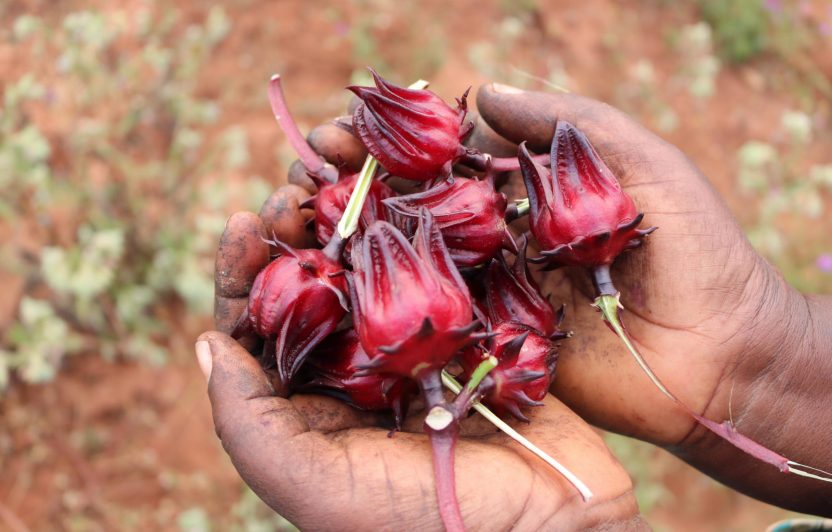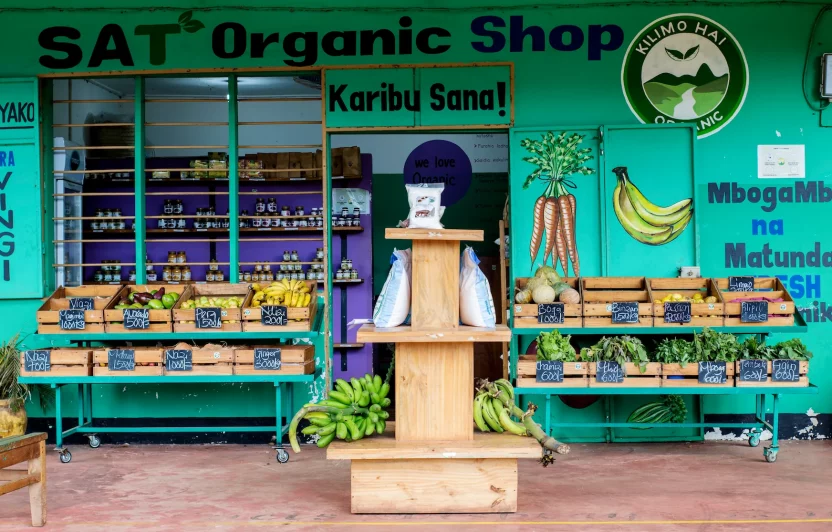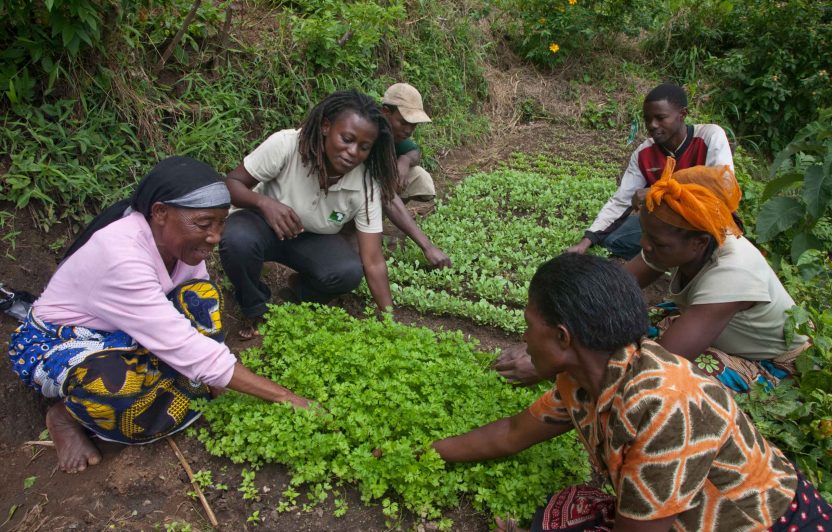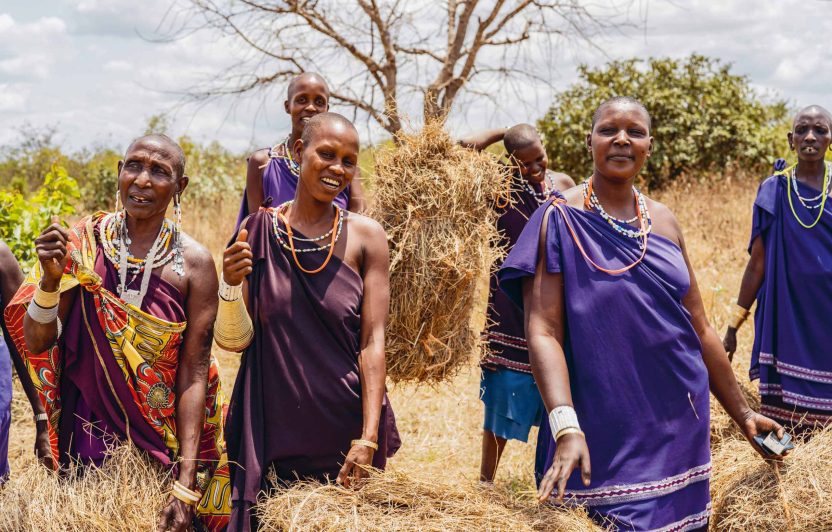The One World Award (OWA) is awarded by Rapunzel Naturkost, one of Europe’s leading organic producers, together with the International Federation of Organic Agriculture Movements. The award commends people and projects that make the world a better and fairer place. It recognizes and honours initiatives that give people courage and show paths toward a positive future.
One of these pioneering initiatives is Sustainable Agriculture Tanzania (SAT), our long-time partner organization from Morogoro. SAT received the One World Award 2021 for its impressive achievements, which it will celebrate through its Farmer Training Centre and the certification of numerous farmer groups in their own country and beyond. “Their passion and policy work for organic farming has shaped the government’s and the Tanzanian people’s image of organic farming,” explained Shamiso Mungwashu from Zimbabwe, 2017 OWA winner and this year’s jury member, in her accolades at Monday night’s award ceremony. SAT shows that nature can give us everything we need – if we practice smart agriculture. “May many follow your example!”
Founding couple and SAT directors Janet Maro’s and Alex Wostry’s reactions to the prize show that this is already happening. “Thousands of farmers are celebrating with us today,” said a beaming Alex Wostry in the thank-you video for the award. “The OWA is an honour to us and the Tanzanian organic movement,” added Janet Maro. “Nothing better could have happened to SAT than receiving this prestigious award for our tenth anniversary.” Bernward Geier, who as jury coordinator led the evening’s event, also showed how impressed he was by the strong couple’s commitment: “Janet and Alex are really making a difference. What they have achieved in a decade is something I have never seen before in sub-Saharan Africa.”
Biovision as sponsor
The cooperation between SAT and Biovision began in 2008 with a shy request from Alex Wostry, a native of Vorarlberg, who was then a volunteer with a small NGO in Tanzania. The critically minded Austrian saw confirmation of many of his doubts about large development projects. But he also witnessed that agricultural projects really help people. He wanted to put this insight into practice in Morogoro, the capital of the district with the same name, with a small demonstration garden for ecological farming methods. Wostry asked Biovision for a laptop to support his project. In Zurich, Wostry’s extraordinary commitment and his idea’s potential were immediately recognized. Biovision paid for the laptop and sent him a start-up project contribution.
Together with some Sokoine University students in Morogoro (including Maro, who is now his wife), the Austrian set out to realize his plan. The young idealists could count on financial support from Biovision – and still can today.





